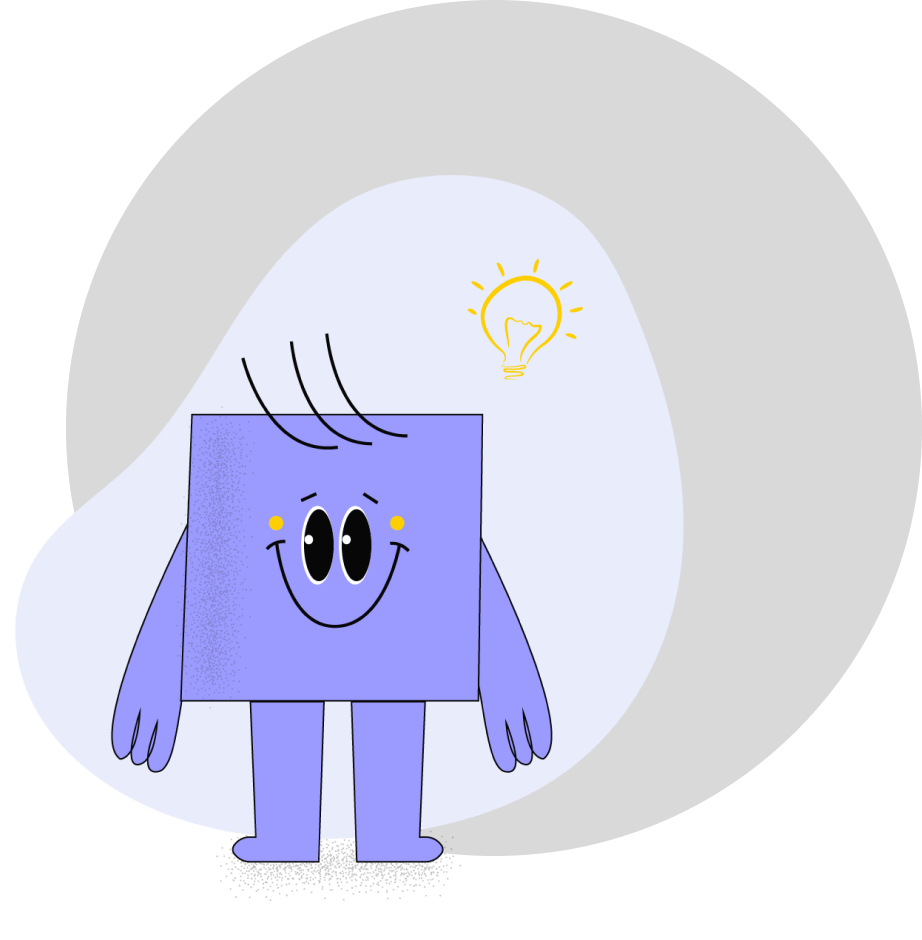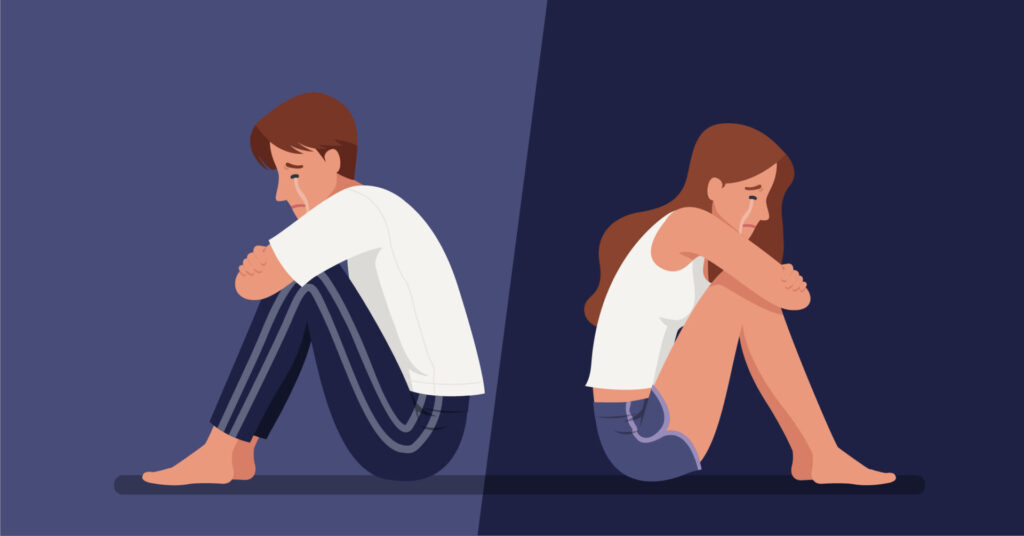Each human emotion is subjective to a certain degree. The same applies to loneliness. The loneliness experienced by a child without friends is different from the loneliness experienced by a widow.
Loneliness is an unpleasant emotion in response to one’s perceived isolation. It is a state of mind when people are unsatisfied by the environment they reside in. A transferred employee may feel lonely in a different city despite having more colleagues and new friends.
Researchers suggest that loneliness is the result of social isolation, poor social skills and depression. A soldier on posting is constantly surrounded by his troops but may be lonely due to his inability to indulge in social settings.
Loneliness, Health and Well-being
Current studies have brought to light the negative impacts of loneliness on the mental, physical and emotional health of an individual. It is observed to lead to the following:
- Altered brain functioning
- Antisocial behavior
- Alcohol and drug abuse
- Alzheimer’s disease onset
- Paranoia
- Poor decision making
- Suicidal tendency
- Cardiovascular illness and stroke
- Trouble sleeping
- Daytime fatigue
- Premature aging
- Disruptive cellular processes
Lonely adults are also known to exercise less and have a fat based diet which evidently results in deteriorating physical health.
John Cacioppo conducted extensive research on loneliness from a social neuro-scientific perspective, mentioned in his book ‘Loneliness: Human Nature and the Need for Social Connection’ that it is not merely being alone that defines loneliness, but it is the experience of loneliness that is considered potentially problematic. He pointed towards differences in brain structure, brain functionality, autonomic nervous system, hypothalamo-pituitary-adrenocortical (HPA) axis, and more of a lonely individual.
Health Risks Associated with Loneliness
Loneliness affects physical health just as it affects mental health. Research suggests a link between loneliness and increased blood pressure levels, other heart diseases, Alzheimer’s Disease, obesity, weak immune system, decrease in muscle functioning and even premature death in extreme conditions. Most of which have been observed in men.
These health risks can be explained by the individual’s changed habits. Loneliness leads them to consumption of alcohol, nicotine or other substances. They also change their eating patterns and sleep schedules, that is, they take in unhealthy food and sleep at odd hours.
All of these factors add up and negatively affect the physical health of the lonely person.
Tips to Prevent and Overcome Loneliness
Every individual has experienced loneliness at some point in their lives. It may be due to isolation, low self-esteem, depression, divorce, loss of a loved one or as an underlying factor of a major psychological disorder.
In recent studies, the levels of loneliness in the younger generation have increased rapidly in the past few years. There are few ways to prevent and overcome this, such as
- Indulge in activities: participating in activities you enjoy help maintain your self esteem and give you opportunities to socialize with like minded people.
- Expect the best: lonely people expect rejection and settle for less. Make sure to keep your thoughts positive and desire the best for yourself.
- Strengthen relationships: your existing relationships can prove to be a safe haven if nurtured and developed.
- Talk to someone you trust: talking out your thoughts and emotions can be easier if done with someone who has gained your trust
- Spot the signs: loneliness does not set in overnight. It has physical and mental effects which can be spotted and worked on in the initial stages.

The deeper you heal, the better you’ll feel
The deeper you heal, the better you’ll feel
Loneliness vs. Solitude
Solitude is an act of being alone. It involves voluntarily spending time with oneself, introspecting, becoming comfortable in your own skin and finding peace in the silence. Disengaging from the people around helps the creativity in the mind flourish. Solitude can be found in meditation, long walks in nature, practicing hobbies. It helps us find identity in ourselves without linking to others.
As famous inventor Nikola Tesla stated, “The mind is sharper and keener in seclusion and uninterrupted solitude. Originality thrives in seclusion, free from outside influence beating upon us to cripple the creative mind. Be alone- that is the secret of invention: be alone, that is where ideas are born.”
Solitude is often misunderstood as loneliness. But solitude is the state of being away from people without being lonely whereas loneliness is a negative state of mind which can occur even when the person is constantly surrounded by others. In fact, solitude actually has a number of important mental health benefits, including allowing people to better focus and recharge.
- Loneliness is marked by feelings of isolation despite wanting social connections. It is often perceived as an involuntary separation, rejection, or abandonment by other people.
- Solitude, on the other hand, is voluntary. People who enjoy spending time by themselves continue to maintain positive social relationships that they can return to when they crave connection. They still spend time with others, but these interactions are balanced with periods of time alone





